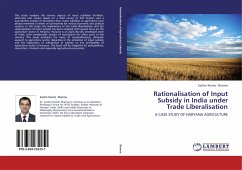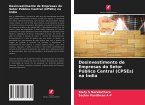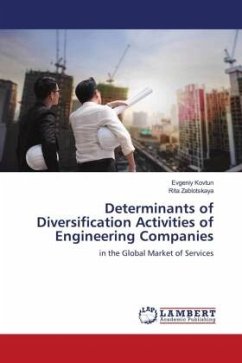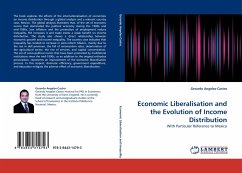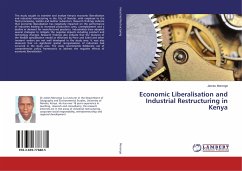After independence, the Government of India had dominant consideration for the continuous large investments in PSE to accelerate the growth of the core sectors of economy like railways, telecommunication, nuclear power, defense etc. This was done to improve the nation's self-sufficiency in the core sectors of the economy. But due to the increased competition from private enterprises and large MNCs, performance of these PSUs was not up to the expectations. The public sector overgrew itself along with certain shortcomings like low-capacity utilization, low efficiency, over capitalization, inability to innovate etc. Hence a decision was taken in 1991 to follow the path of Disinvestment. Disinvestment is the action of the government aimed at selling or liquidating its shareholding in a public sector enterprise in order to get the government out of the business of production and increase its presence and performance in the provision of public goods and basic public services such as infrastructure, education and health. The study is an in-depth analysis of the evolution of the Disinvestment policy, reasons for adopting disinvestment policy along with the issues and concerns regarding it.


